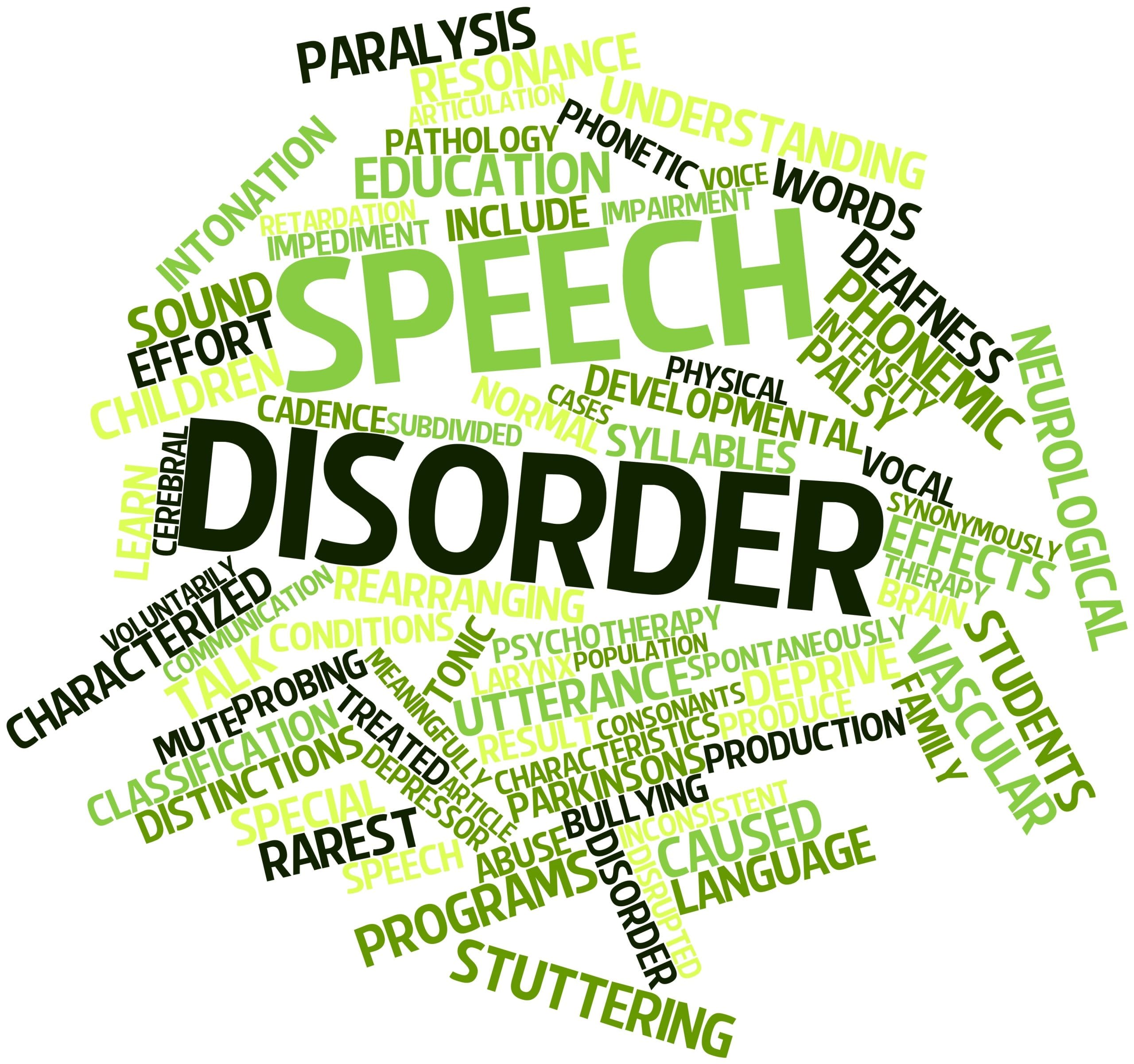Imagine a child struggling to understand simple instructions or express their thoughts. This could suggest Mixed Receptive-Expressive Language Disorder (MRELD). This guide explores MRELD, offering insights into identification, intervention, and support strategies.
Decoding MRELD
Mixed Receptive-Expressive Language Disorder (MRELD) can make understanding and using language challenging for children. It affects both receptive language (understanding) and expressive language (communicating). Imagine trying to build with LEGOs without understanding the instructions or asking for the right brick. This can offer a glimpse into a child’s experience with MRELD. This isn’t about stubbornness or inattention; it’s a genuine difficulty processing language. With appropriate support, children with MRELD can make significant progress.
Recognizing MRELD in Children
MRELD presents differently in each child. Some may struggle more with understanding, while others might have more difficulty expressing themselves. These challenges can also evolve over time.
Language has building blocks: vocabulary, grammar, and sentence structure. MRELD can affect any or all of these. Here are some possible indicators:
| Difficulty Type | What It Might Look Like |
|---|---|
| Understanding Spoken Language (Receptive) | Trouble following directions, appearing confused when asked questions, not grasping the main point of a story, misunderstanding others |
| Expressing Thoughts and Ideas (Expressive) | Smaller vocabulary than peers, struggling with sentence structure, difficulty explaining wants or needs, difficulty telling stories |
How Common Is MRELD?
MRELD is more common than you might think, possibly affecting 10-15% of children under three. This highlights the importance of early identification and intervention.
Diagnosing MRELD
A speech-language pathologist (SLP) is the expert to consult if you have concerns about your child’s language development. SLPs use various tools to assess language skills:
- Standardized Tests: These tests evaluate different aspects of language.
- Observations: SLPs observe children interacting and playing to see how they use language naturally.
- Parent/Caregiver Interviews: Parent input is invaluable. SLPs gather information about the child’s language development history and any concerns.
SLPs aim not only to diagnose MRELD but also to rule out other conditions, such as hearing loss or autism spectrum disorder. Sometimes, MRELD coexists with other developmental differences, underscoring the need for a comprehensive assessment.
Treating MRELD
Speech therapy is the cornerstone of MRELD treatment. It helps children strengthen their language skills. SLPs tailor therapy sessions to individual needs and utilize engaging strategies:
- Play-Based Activities: Learning through play makes therapy enjoyable and connects language to real-world experiences.
- Language Modeling: SLPs demonstrate correct language usage.
- Picture Cards: Visual aids help make abstract concepts more concrete.
- Social Skills Training: Therapy can address social communication challenges by teaching turn-taking and understanding social cues.
- Assistive Technology: Communication apps or devices can be beneficial in some cases.
The Future for Children with MRELD
With early intervention and consistent therapy, the outlook for children with MRELD is generally positive. Many children make significant progress and catch up to their peers. Some may continue to experience some language challenges, but therapy provides strategies for success.
MRELD’s Impact on Learning
Language is fundamental to learning. MRELD can impact areas like reading, writing, and math. Children with MRELD may benefit from additional support in school:
- Classroom Accommodations: Extra time on tests, preferential seating, or modified assignments.
- Individualized Education Programs (IEPs): Personalized learning plans designed to meet specific needs.
Supporting Children with MRELD at Home
Parents and caregivers play a vital role. Here’s how you can help:
- Create a Language-Rich Home: Talk, read, and sing to your child frequently. Engage in conversations, even if your child uses single words or gestures.
- Actively Participate in Therapy: Work closely with the SLP, learn the strategies, and practice them at home.
- Be Patient and Understanding: Language learning takes time. Celebrate progress and offer encouragement.
- Connect with Others: Support groups provide invaluable connections with families facing similar challenges.
You are your child’s advocate. Contact professionals if you have concerns about language development. Early intervention is key. With professional support and a nurturing home environment, children with MRELD can thrive. Explore the mitosis and meiosis venn diagram for insights into cell division. While research continues to deepen our understanding of MRELD, early intervention and ongoing support can significantly improve a child’s communication skills and overall quality of life.
Understanding MRELD Symptoms
We’ve discussed MRELD; let’s explore its everyday manifestations. MRELD affects children differently, ranging from mild to severe. Think of it as a spectrum.
Let’s break down the two core challenges: understanding language (receptive) and expressing oneself (expressive). These often intertwine, creating communication hurdles.
Receptive Challenges: Decoding the World
Imagine assembling furniture with instructions in a language you only partially understand. This can be similar to a child’s experience with receptive language challenges. Here are some examples:
- Complex Sentences and Instructions: Long sentences or multi-step directions can be overwhelming.
- Following Conversations: Group settings can be difficult due to multiple speakers and changing topics.
- Misinterpretations: Mishearing or misunderstanding can lead to incorrect answers or seemingly out-of-place reactions.
- Processing Speed: Spoken language may seem too fast, requiring extra time to process.
Expressive Challenges: Finding the Right Words
Imagine trying to describe a dream but struggling to find the words. This can be similar to the frustration of a child with expressive language difficulties:
- Limited Vocabulary: Their vocabulary may be smaller than their peers’.
- Grammatical Errors: Constructing grammatically correct sentences can be a challenge.
- Word Finding Difficulties: Retrieving specific words can lead to pauses and hesitations.
- Expressing Complex Thoughts: Sharing stories or explaining concepts can be difficult.
Putting It All Together: The Interplay of Receptive and Expressive Challenges
Some experts believe receptive and expressive challenges are linked, while others suggest they can be independent. Ongoing research explores this complex interplay.
| Challenge Type | Description | Example |
|---|---|---|
| Receptive | Difficulty understanding language | Struggling to follow multi-step instructions |
| Expressive | Difficulty producing language | Having trouble finding the right words to express an idea |
| Mixed | Difficulty with both understanding and producing language | Misunderstanding a question and then struggling to formulate a response |
What This Means
Early recognition and intervention are crucial. With support, children with MRELD can significantly improve their communication skills. Speech-language therapy, educational support, and family understanding are vital. It’s about providing tools and strategies for confident communication. Our understanding of MRELD is constantly evolving. Ongoing research may reveal new insights into this complex disorder.
Can Children Outgrow MRELD?
Let’s address a common question: Can children outgrow MRELD? The answer isn’t simple. MRELD affects how someone understands and uses language. It impacts understanding spoken and written language, expressing thoughts, and even reading and writing.
While not something you simply outgrow, with support and strategies, individuals can dramatically improve their communication skills. Think of it as learning to navigate challenging terrain.
Early intervention is key. Just like nurturing a plant, early support can make a significant difference. Speech-language therapy strengthens language abilities through tailored activities. These might focus on vocabulary, grammar, or conversational skills.
While early intervention is vital, some individuals may experience MRELD throughout life. This doesn’t prevent achievement but may require ongoing support, ranging from therapy to assistive technology. It’s about finding what works best for each individual.
Experts believe MRELD likely results from a combination of genetics and environment. Ongoing research aims to understand the specific causes and their interplay, potentially leading to more effective interventions.
While there’s no magic cure for MRELD, the potential for improvement exists. With support, individuals can navigate language challenges and lead fulfilling lives. Here are some common symptoms:
| Receptive Challenges (Understanding) | Expressive Challenges (Using Language) |
|---|---|
| Difficulty understanding complex sentences | Trouble finding the right words |
| Struggling to follow conversations, especially in groups | Difficulty forming grammatically correct sentences |
| Misinterpreting questions or giving unrelated answers | Using incorrect verb tenses |
| Problems understanding written text | Struggling to organize thoughts and express them clearly |
MRELD affects people differently. Some struggle more with understanding, others with expressing themselves. The severity can range from mild to significant.
Diagnosis is crucial. A speech-language pathologist (SLP) conducts a thorough assessment of receptive and expressive language abilities. This informs a personalized intervention plan.
Our understanding of MRELD constantly evolves. Current approaches focus on speech-language therapy and assistive technologies, but new approaches may emerge. Staying informed and connected with professionals is beneficial. The journey with MRELD is unique, and with support and tailored strategies, remarkable progress is possible.
Is MRELD a Disability?
Whether MRELD is a disability isn’t a simple yes or no. It can impact communication, ranging from mild to severe. For some, it presents significant challenges qualifying as a disability, while for others, the difficulties are less pronounced. It depends on the individual and how MRELD affects their communication skills. This is why it’s sometimes referred to as a receptive-expressive language impairment or a language processing disorder.
How MRELD Manifests
MRELD presents in different ways. Some children struggle to understand others, while some have difficulty expressing themselves, even if they understand. They might use limited vocabulary, make grammatical errors, or have difficulty with storytelling, reading, or even social communication.
Causes of MRELD
The cause of MRELD is likely a complex interplay of factors. Genetics may play a role, as can environmental factors like premature birth or exposure to toxins. Research is ongoing.
Diagnosing MRELD
If you’re concerned, consult a speech-language pathologist (SLP). They will conduct a thorough assessment, including medical history, physical exams, and a speech and language evaluation, looking at vocabulary, grammar, comprehension, and expression.
Helping Children with MRELD
Speech therapy is typically the cornerstone of treatment, focusing on improving both understanding and expression. Activities might include vocabulary building, grammar improvement, conversation practice, and strategies for following directions. Other professionals, such as occupational therapists or behavioral specialists, may also be involved.
The Future with MRELD
Early intervention is key to maximizing progress. Some children may overcome their challenges entirely, while others may continue to experience some difficulties. Every child is unique, and the impact of MRELD depends on the individual, the severity, and the support they receive.
Important Note: Consult a healthcare professional or SLP if you have concerns about a child’s language development. Early intervention can make a significant difference. Resources are available.
- Crypto Quotes’ Red Flags: Avoid Costly Mistakes - June 30, 2025
- Unlock Inspirational Crypto Quotes: Future Predictions - June 30, 2025
- Famous Bitcoin Quotes: A Deep Dive into Crypto’s History - June 30, 2025

















1 thought on “Understanding and Supporting Children with Mixed Receptive-Expressive Language Disorder: A Guide to Early Identification and Intervention”
Comments are closed.